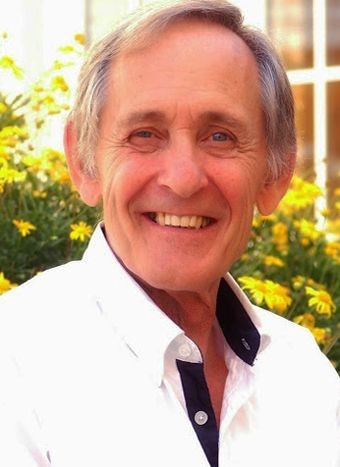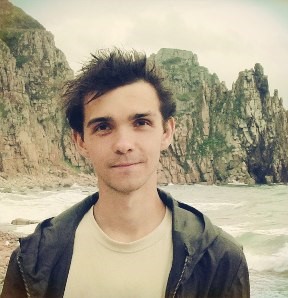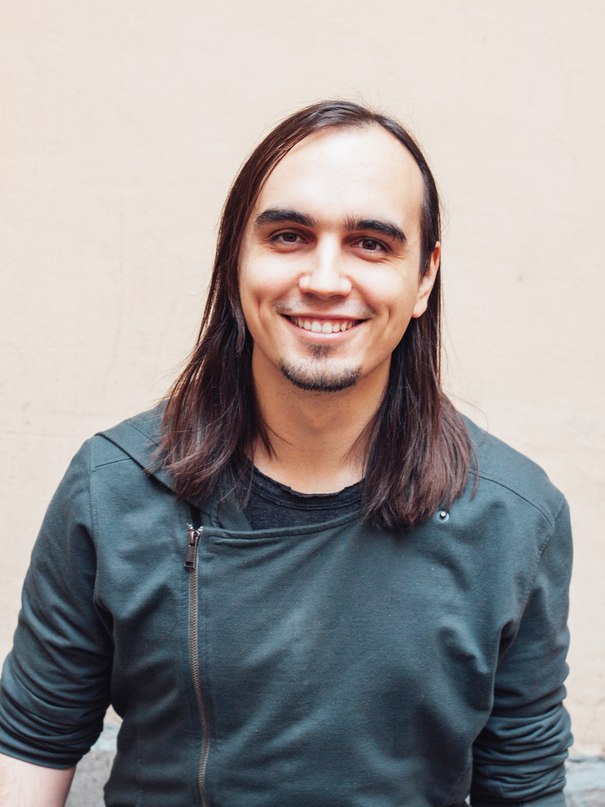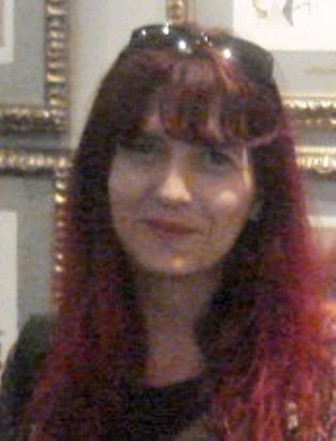Alexander Malakhov
Translated from Russian by Eugene Pustoshkin
The Russian Empire, the Soviet Union, and, in many ways, contemporary Russia have been uniquely distinctive spaces, only partially included into other civilizational projects. The collective spirit of these spaces is rarely understood by foreigners and, in fact, not always grasped by the very inhabitants of these territories. Intellectually, spiritually, and in part physically, this is still an undescribed land, terra incognita, which is often seen both as a holy …



 In the past hundred years numerous thinkers around the world—from the United States to the Soviet Union and India—came to believe that if the human civilization wants to survive and reach new horizons, societies and people that constitute those societies must overcome fragmentariness and prevailing prejudices and learn to see the total abundant diversity of perspectives that comprise reality. In synchrony to that, a rediscovery of the realm of spirit happened, the inexhaustibility and multifacetedness …
In the past hundred years numerous thinkers around the world—from the United States to the Soviet Union and India—came to believe that if the human civilization wants to survive and reach new horizons, societies and people that constitute those societies must overcome fragmentariness and prevailing prejudices and learn to see the total abundant diversity of perspectives that comprise reality. In synchrony to that, a rediscovery of the realm of spirit happened, the inexhaustibility and multifacetedness …